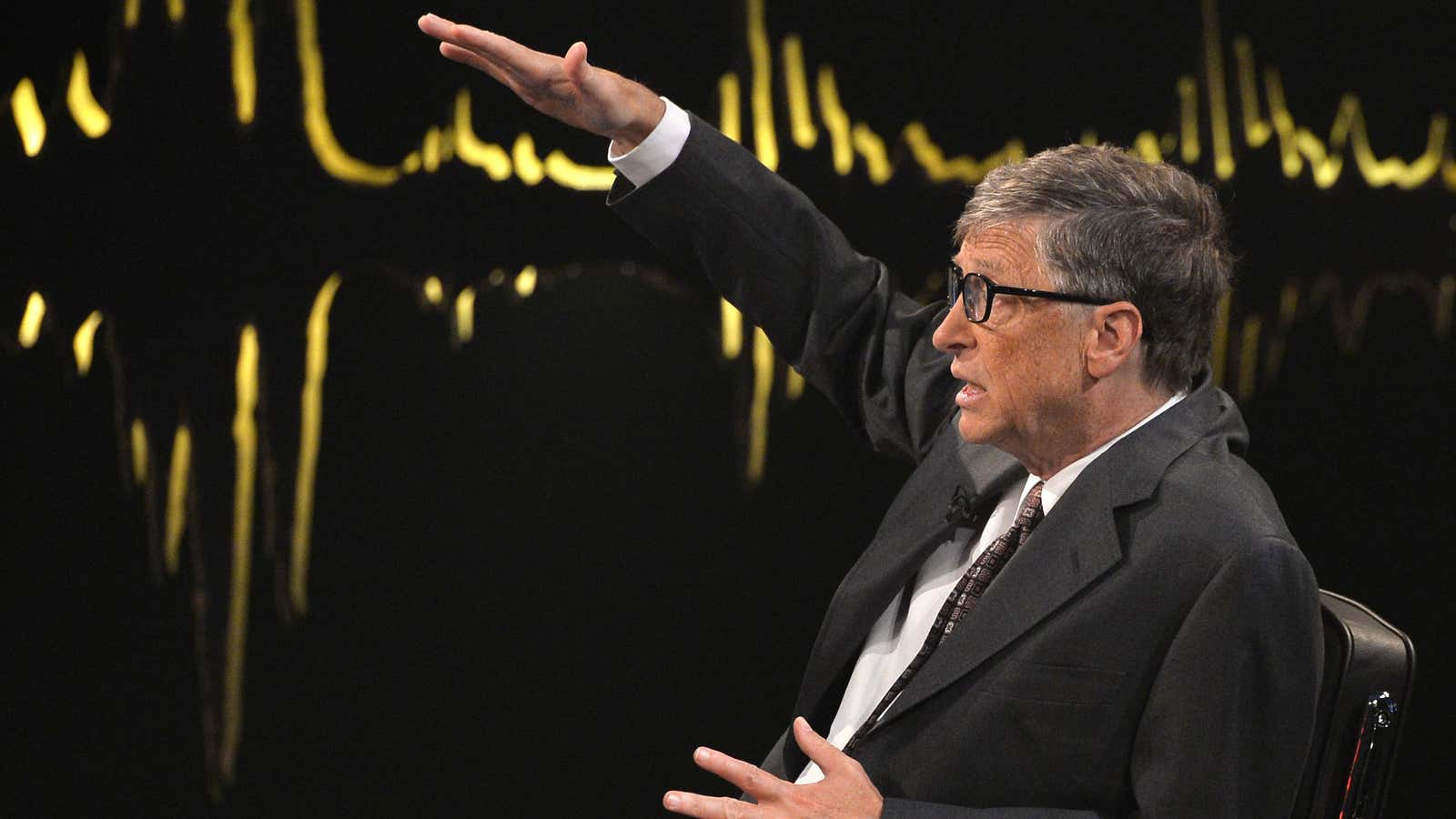Bill Gates is the richest man in the world and one of its biggest philanthropist. In a recent interview with Rolling Stone, Gates was critical of what he sees as a double standard when it comes to development.
Giving people access to something as basic as a working toilet can materially change their lives. Doing that kind of work on a large scale is very possible, but people still criticize development efforts for not doing enough. That needs to change, Gates says:
We take things like TV or Internet or a microwave or a refrigerator for granted, but moving people from basic lives to decent lives requires a lot less than that. You know, development sometimes is viewed as a project in which you give people things and nothing much happens, which is perfectly valid, but if you just focus on that, then you’d also have to say that venture capital is pretty stupid, too. Its hit rate is pathetic. But occasionally, you get successes, you fund a Google or something, and suddenly venture capital is vaunted as the most amazing field of all time. Our hit rate in development is better than theirs, but we should strive to make it better.
Gates is certainly correct about the hit rate for venture capital. For every massive success, like Sequoia Capital’s investment in WhatsApp, there are many deals that go nowhere. The Kauffman Foundation has been investing in VC firms for more than 20 years. In 2012, it looked at the returns and found that in the long run, firms returned 1.31 times what was invested. When a few exceptional performers are stripped out, the return rate is even worse. That’s despite billions of dollars invested.
As many as three-quarters of venture-backed startups fail outright.
On the other hand, 2.5 billion people worldwide lack safe sanitation and access to toilets. Food and water contaminated with fecal matter causes as many as 1.5 million child deaths a year.
Plenty of development projects don’t have the impact that they should, but even the failures or seemingly minor successes can have a real impact.




